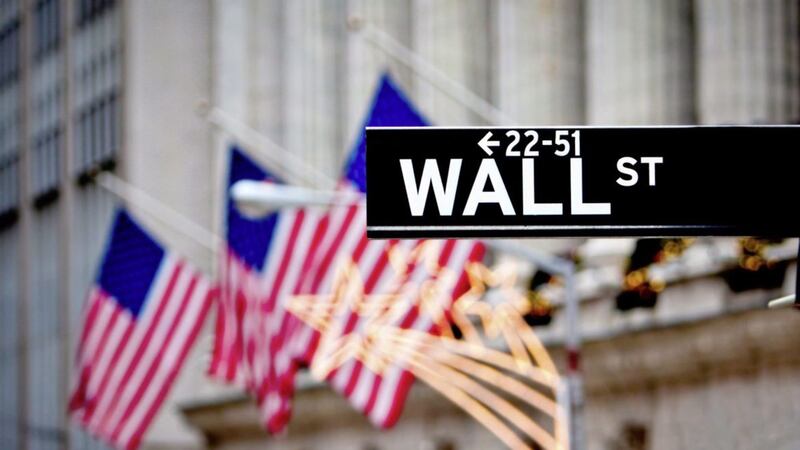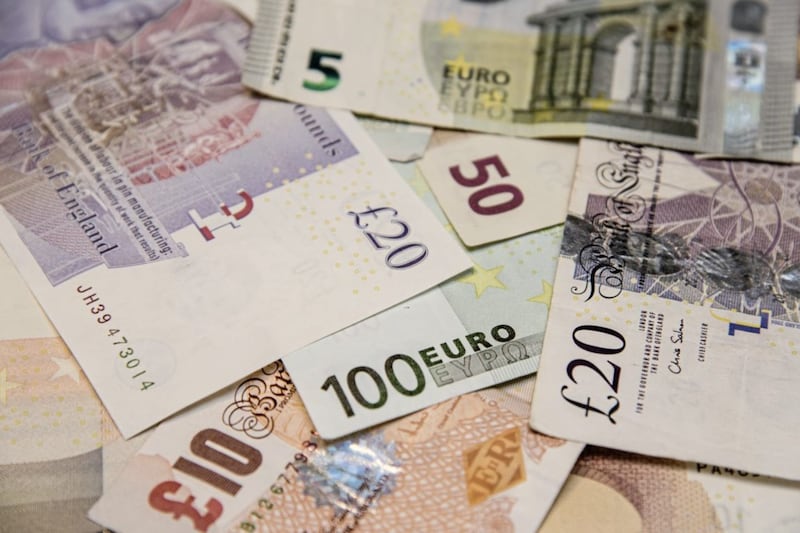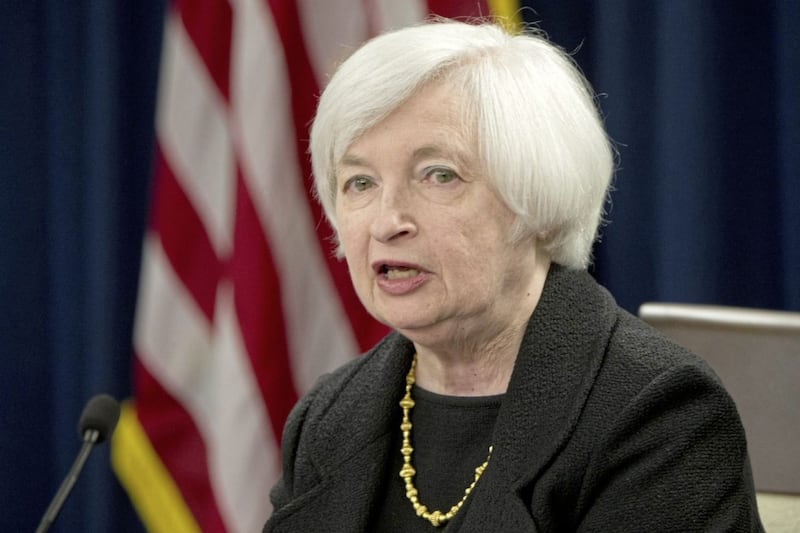THERE'S an eerie calm about financial markets at present. Currency and bond markets are quite range bound, while world stock markets hit new record highs in the past week.
In the US, the S&P 500 enjoyed a seven session winning streak for the first time since 2013. Meanwhile, the VIX index, a popular measure of expected stock market volatility, often referred to as Wall Street’s fear gauge, has fallen to very low levels.
Stock markets are being boosted by good data on the global economy. The Citigroup Economic Surprise Index, which tracks how economic data are faring relative to expectations, has been surprising strongly to the upside in recent times in nearly all economies, indicating that economic data are coming in well ahead of forecasts.
Meanwhile in the US, sentiment is also being boosted by hopes for cuts in corporate taxes and deregulation. Markets are also being underpinned by expectations that, apart from the US, monetary policy is set to remain very loose for the foreseeable future. Both the ECB and BoJ are expected to continue with their quantitative easting programmes for the rest of 2017 and maintain their negative interest rates for a considerable period after that.
Even in the US, despite a somewhat hawkish tone to Janet Yellen’s testimony to Congress last week, markets remain doubtful that rates will rise to the extent projected by the Fed.
Overall then, there seems to be a good deal of optimism in markets that the global economy is entering a period of stronger growth, but without an accompanying pick-up in underlying inflation, allowing for a continuation of very low interest rates.
The data for the week ahead are generally expected to continue to point to solid economic growth. A number of key survey indicators for February are due in the eurozone. The flash composite PMI is forecast to edge lower, while remaining near January’s five and a half year high. Meantime, the flash EC measure of eurozone consumer confidence is expected to hold steady, after five consecutive months of improvement. Thus, it should remain consistent with a solid pace of consumption growth.
At a national level, the German Ifo index is predicted to edge lower in February after declining unexpectedly at the start of the year. The French INSEE, Italian ISTAT and Belgian NBB indices are also due. Overall, the leading indicators look set to suggest that the eurozone economy has maintained an encouraging pace of growth in February.
We also get February PMI data in the US. The manufacturing and services indices rose in January, hitting 14- and 23-month highs respectively. They are both anticipated to edge higher in the month, continuing to point to a solid pace of economic improvement.
In the UK we get our first look at the expenditure breakdown of fourth quarter GDP. Markets will be looking for any signs of Brexi-related impact, particularly in business investment. They will also be looking to see if growth has remained unbalanced, with data suggesting that the economy is continuing to rely heavily on consumer spending.
This could be a problem going forward, as rising inflation slows the pace of real wage growth. This week’s UK schedule also includes public finance data for January, along with the CBI surveys for February.








